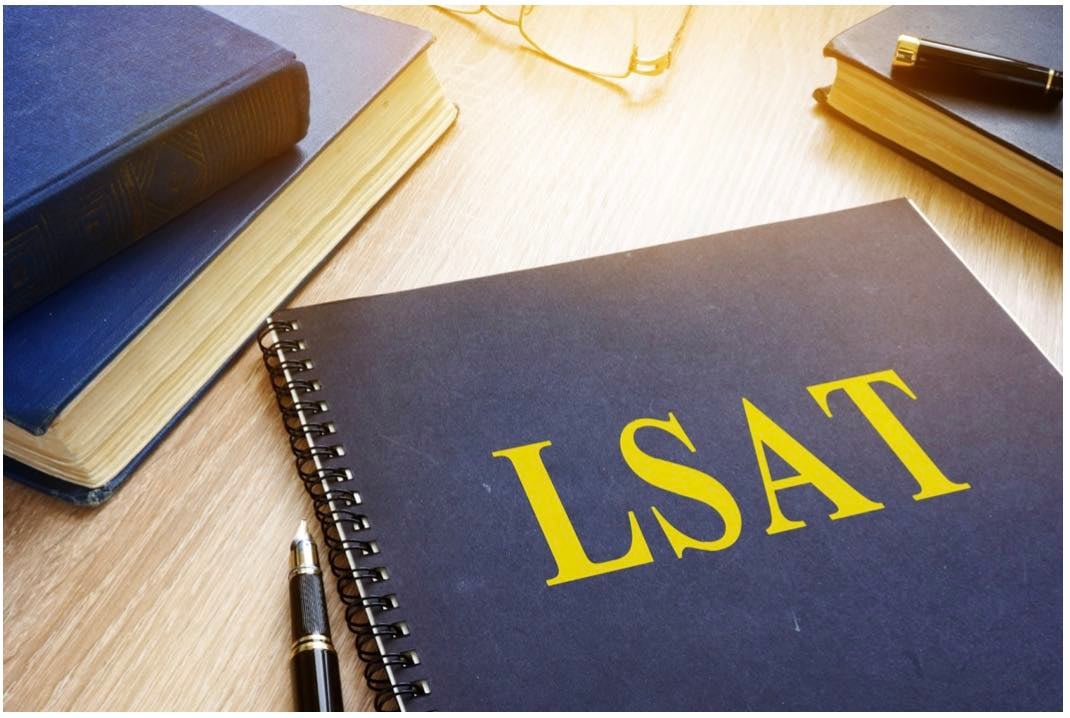
The power of the LSAT has slowly diluted in recent years, with more law schools accepting the GRE. Now, some could be poised to eliminate testing requirements entirely. A newly released memo from the American Bar Association’s Strategic Review Committee recommends eliminating the requirement that ABA-accredited law schools use a “valid and reliable” test as part of their admissions process.
A similar proposal was withdrawn in 2018 without a vote. Among the LSAT’s strongest supporters at that time was the Minority Network, an association of law school admissions professionals from historically marginalized communities. In a letter of protest, the group wrote: “Before the LSAT was adopted as an assessment tool… An applicant’s networks and the reputation of an undergraduate school were the primary determining factors for admission; many members of traditionally underrepresented groups did not have adequate access to either factor.”
Four years later, opponents of the LSAT point to the test’s well-documented racial achievement gaps as evidence that the LSAT itself is keeping underrepresented groups out of law school. According to research by AccessLex, white and Asian test-takers score, on average, 11 points higher on the LSAT than Black test-takers. Many law schools award merit scholarships for high LSAT scores. So, these differentials mean Black and Latine students are less likely to get into law school, and, if they do get in, they’ll pay more.
Yet, with the LSAT in the news, many people have drawn another, unwarranted conclusion from these score disparities. A quick scroll through search results for “LSAT” on Twitter will turn up hundreds of tweets like this one, from civil rights attorney Jo Kaur, who claims, “The LSAT simply rewards those with the resources to take as many standardized test prep courses as possible.”
As the CEO of a test prep company, it would be in my financial interest to agree. Up to a point, I do: prep courses are well worth the investment, especially for students who lack the motivation or aptitude to prepare for the LSAT independently. But I know making high-quality test prep free wouldn’t fully level the LSAT playing field, because I’ve done it.
My company offers a free LSAT prep course to any student who has received a fee waiver from LSAC based on financial need. Students’ LSAT scores improve significantly after taking this course—an average of 18 points, in fact—but each learner eventually hits a personal ceiling, past which infinite repetition of prep courses won’t deliver more improvement. No matter how many free courses I give out, only 1 in 10,000 test-takers will get a perfect score.
The truth is, the LSAT’s biases are too deeply engrained to be eliminated by equalizing test prep spending. Some students who weren’t taught to read in early childhood still aren’t fast enough readers to ace the test’s Reading Comprehension section. Some students who grew up in abusive homes suffer from disabling levels of test anxiety. Even the topics most frequently mentioned on the LSAT, like city council meetings and gardening, convey a class context that can make students from underprivileged backgrounds feel like they don’t belong.
Yet, if the LSAT disappears from law school admissions, what are we left with? Grade point averages are no less racially disparate than the LSAT. In one analysis, white students were more than twice as likely as Black students to graduate with a GPA above 3.5. We could try focusing more on the so-called “qualitative factors” that go into every law school application: admissions essays, a resume, and letters of recommendation. Of course, a Harvard student whose parents are journalists will probably get particularly high-quality feedback on her personal statement. And, while test prep instructors can’t take the LSAT for their students, there are plenty of unscrupulous people who’ll ghostwrite admissions essays for a price.
Live interviews can’t be faked, but admissions departments aren’t staffed to conduct thousands of one-on-one meetings over the course of a few months. Nor would subjective interviews eliminate bias. Back in the 1920s, law school aptitude testing was initially developed to fight back against admissions officers’ tendency to select applicants from their own social circles! The intractable truth is, no matter how you measure it, law schools want to admit “high achievers,” and it’s easier for some people than others to earn that label.
If we really want to fix law school admissions, we need to look much deeper than simply eliminating the LSAT. We need to develop new, more equitable assessments that focus on practical lawyering skills, rather than just deleting the old, more theoretical ones. And we need to consider an alarming possibility: that it might just not be possible to accurately predict a person’s future performance as an attorney before they’ve taken their first law school class.
Perhaps what the world actually needs is not fewer tests, but more affordable law schools, so that everyone with a passion for studying the law can afford to pursue it.
Mehran Ebadolahi
CEO TestMax Inc.
Advertising disclosure: We may receive compensation for some of the links in our stories. Thank you for supporting LA Weekly and our advertisers.
